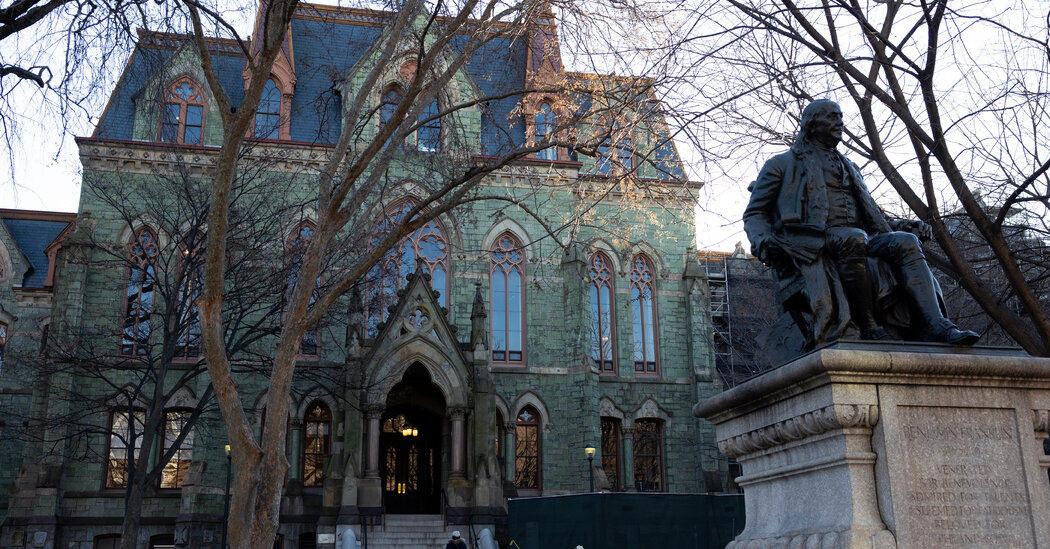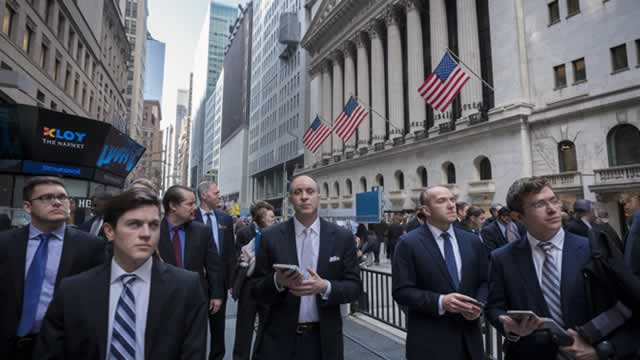University Censorship in the Face of Controversy: A Growing Concern
The University of Pennsylvania Controversy
The University of Pennsylvania recently made headlines when it refused to approve the screening of a critique-oriented documentary on Israel. Despite efforts by student organizations to hold the event on campus, the university cited concerns about the film’s content and its potential to incite unrest. This decision sparked debate among students and faculty members, with many questioning the university’s commitment to free speech and academic freedom.
Brandeis University’s Dilemma
At Brandeis University, known for its dedication to promoting open dialogue and diversity of opinions, a pro-Palestinian student group faced obstacles when its national chapter made controversial remarks. The university’s administration stepped in to prevent the group from hosting events on campus, leading to accusations of censorship and stifling of dissenting voices. This incident raised important questions about the boundaries of free speech on college campuses.
The University of Vermont’s Backlash
Similarly, the University of Vermont found itself embroiled in controversy when a planned talk by a Palestinian poet was canceled following student complaints. The poet’s views on the Israeli-Palestinian conflict were deemed too divisive and potentially inflammatory, prompting the university to rescind its invitation. This decision was met with disappointment and frustration from both students and faculty members who believed in the importance of hearing diverse perspectives.
Impact on Individuals
As a student or faculty member at any of these universities, the censorship of controversial viewpoints can have a direct impact on your ability to engage in critical discourse and explore different perspectives. It may limit your exposure to new ideas and hinder your academic growth and intellectual development.
Impact on the World
On a larger scale, the suppression of dissenting voices on college campuses can have far-reaching consequences for society as a whole. By silencing individuals or groups with unpopular or controversial opinions, we risk stifling innovation, hindering progress, and perpetuating division and polarization.
Conclusion
In conclusion, the incidents at the University of Pennsylvania, Brandeis University, and the University of Vermont serve as stark reminders of the challenges facing academic institutions in upholding free speech and open inquiry. As members of these communities, it is crucial to continue advocating for the principles of free expression and intellectual diversity, even in the face of discomfort or disagreement. Only through robust debate and respectful dialogue can we truly expand our understanding of complex issues and work towards a more inclusive and tolerant society.





